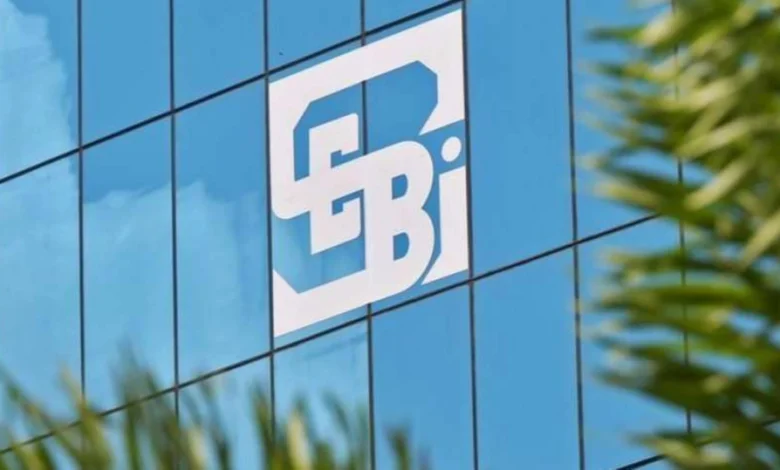Stay Safe from these 4 Stock Market Frauds, SEBI Alerts Retail Investors

The Indian stock market has seen a surge in retail participation, with more people trading than ever before. Alongside this, the use of social media platforms has grown significantly. However, this increase in activity has also led to a sharp rise in stock market frauds, leaving many investors vulnerable to scams.
In light of this, the Securities and Exchange Board of India (SEBI) has issued fresh guidelines urging investors to stay alert and avoid falling victim to increasingly sophisticated fraud tactics.
The Growing Problem of Stock Market Frauds
According to a Bloomberg report, in 2023, around 150,000 people reported being victims of stock frauds, marking an all-time high in India. The same report highlighted that in 2024, more than 400 stock-market-related scams were reported every day, with losses exceeding $1 billion. Unfortunately, less than 10% of the stolen money has been recovered so far.
This issue has become more critical as the number of unique trading accounts has soared to 130 million — nearly three times higher than five years ago. This surge in accounts has left many unsuspecting retail investors at risk of scams.
SEBI’s Warnings About Scams on Social Media
SEBI has also noticed a rise in stock market frauds taking place on social media platforms, including YouTube, Facebook, Instagram, WhatsApp, Telegram, and even in app stores like Google Play and Apple Store.
The regulatory body has observed that scammers are taking advantage of the growing popularity of digital communication channels. They often lure victims by offering “education” on trading, while in reality, they provide misleading testimonials and guarantee risk-free returns. These fraudsters target investors on social media, where they promise guaranteed profits and high returns.
Four Common Types of Stock Market Fraud
To protect investors, SEBI has outlined four common types of stock market frauds seen on social media platforms:
- Unregistered Investment Advisory Services: Some entities falsely claim to be SEBI-registered advisors. They may display fake certificates or pretend to be registered intermediaries, offering unqualified investment advice.
- Impersonation of SEBI-Registered Entities: Fraudulent trading platforms and social media channels may claim to be affiliated with genuine SEBI-registered entities. These scammers promise risk-free or guaranteed returns to attract investors.
- Misleading Content on Social Media: Scamsters often create fake ads or posts to promote private chat groups on WhatsApp or Telegram. These groups, such as “VIP trading groups” or “Exclusive Investment Clubs,” promise special trading advice or access to insider information.
- Fake Trading/Advisory Apps: Fraudsters also create fake trading apps or advisory platforms that promise services like preferential IPO allocations, discounted stock prices, or guaranteed returns. These apps are designed to lure unsuspecting investors into making risky trades.
How to Avoid Falling for Stock Market Scams
To help investors protect themselves, SEBI has provided the following resources to verify the authenticity of trading platforms and advisory services:
- Check SEBI-Registered Intermediaries: Investors can visit the SEBI website to verify if an intermediary is registered. You can check here: SEBI Registered Intermediaries.
- Verify Trading Apps: Investors can also verify if a trading app is SEBI-approved by visiting the SEBI investor support page: SEBI Trading Apps.
New SEBI Guidelines for Investor Protection
In addition to these resources, SEBI has advised all registered intermediaries to use a dedicated phone number series (starting with ‘1600’) for service-related and transactional calls. This will help investors easily identify legitimate calls from SEBI-regulated entities and avoid potential scams.
By following these guidelines and staying vigilant, investors can reduce the risk of falling prey to fraud in the stock market.
Conclusion
As the number of retail investors grows and the use of social media continues to rise, the risk of stock market scams in India is also increasing. SEBI’s new warnings and resources aim to help investors stay safe by identifying fraudulent practices and ensuring they only engage with legitimate, SEBI-registered entities. By staying informed and cautious, investors can protect their hard-earned money from scams and fraudulent schemes.
